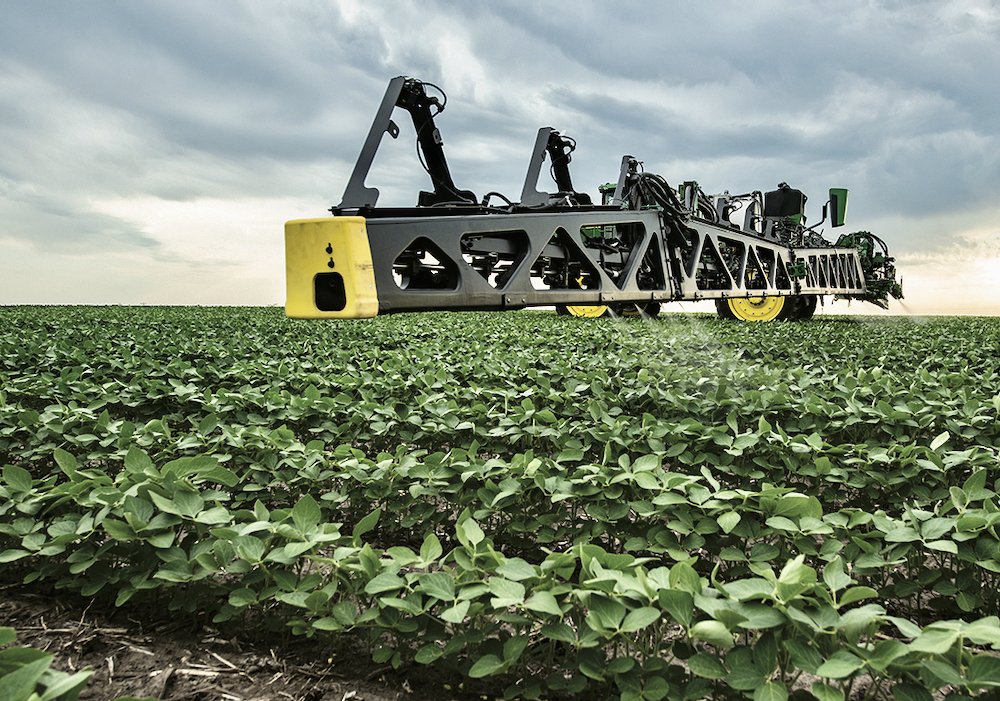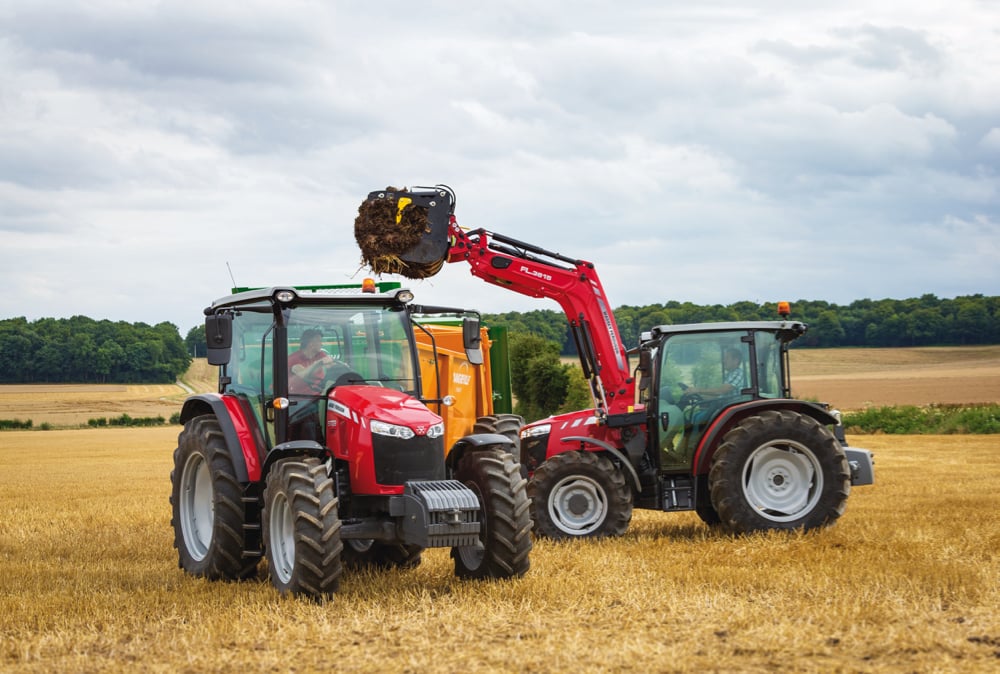With large farms adding more employees, and more mid-size farms getting serious about hiring farm managers, the competition is on to find and hire the best of a new generation of farm employees.
Now, more eyes are turning to programs such as tractor maker Versatile s sponsorship of the scale-model tractor team at the University of Manitoba, wondering if this could be the future even for farmers.
Tractor makers are facing their own people challenge. Hiring the best and the brightest isn t just a slogan, it has to be an achievable goal. This past summer explains why. Manufacturers launched everything from seeding and planting equipment to combines and entire new series of tractors into an intensely competitive marketplace where new technologies are needed virtually every year in every equipment line.
Read Also

Farm machinery scores big in 2022
When I spent a summer working as a mechanic’s helper at an Allis Chalmers dealership in 1978 as one of…
That puts a huge demand on engineering staff to churn out new and better features, so it s no surprise that engineers are in high demand.
The question is, where do you find the brightest minds? Running an ad in local newspapers and then waiting for the line to form is only going to end in disappointment.
Many farmers can appreciate the need for good employees. They also appreciate the competitive nature of the marketplace that makes those employees hard to find and sometimes harder to keep.
Increasingly, the major equipment brands are working closely with engineering colleges and universities in order to get acquainted with their engineering students. They then identify and offer the rising stars a job long before the students even think about scanning the want ads.
Thus, when a team of students from the University of Manitoba knocked on the door at Buhler Industries Versatile tractor plant, looking for corporate support for their entry in a one-quarter-scale tractor-pulling competition, the company saw it as a stepping stone to an ongoing relationship not only with the university, but with the students too.
Rather than just give them money and call it a day, we decided it was a pretty good opportunity to meet the next generation, explains Adam Reid, marketing manager for Buhler Industries (Versatile). The goal then became one of giving the students more than they expected.
We acted as more of a resource for the team, says Reid. If they had questions about some of the part fabrication, they would come over and look at what we do at Versatile, particularly in our R&D and engineering departments. I think it really gave them a chance to see how a real-world R&D shop operates.
The quarter-scale competition is voluntary for students, but the payoff can be big, says Don Petkau, an instructor in the Biosystems Engineering Department at the U of M. When they participate in the competition, which is held by SAE (the Society of Automotive Engineers) in Peoria, Illinois, students get a taste of the challenges they ll face when working as engineers.
There is a huge benefit to the students, says Petkau. They have to design and build it. It s kind of a compilation of all their education through the years.
Because it s an extracurricular activity, the students who approached Versatile had to find their own sponsors. It s a trend that the universities themselves are encouraging, and which they re supporting with advice and resources for the students.
The engineering faculty has been cultivating a relationship with many private businesses, Petkau says. Much of that effort has been to create co-op programs, where students get a chance to work as interns in an industry related to their field of study. But by approaching Versatile for sponsorship, the students themselves initiated what Petkau sees as the best kind of public-private relationship, one with broad-ranging possibilities that stands to benefit everyone involved.
Buhler management saw immediate benefits. It was a twofold opportunity, says Reid. We got to meet the next generation of engineers and ag students coming out of the U of M, which was good for us from a connec- tions standpoint. And then just from a brand perspective, having them take our trailer and the tractor& it was good for us just to have a presence there.
In fact the competition tractor was so similar to Versatile s production models, the company also featured it at its corporate display at the Western Canada Farm Progress Show in Regina last June.
The design and development mentorship paid dividends for the students. Among the prizes captured by the team this year was the Most Improved award, and the team moved up 12 spots from last year s event to a fifth-place finish overall this year. To improve our standings over last year and present a tractor that is among the best in the competition is a great feeling for us, says Annette Kroeker, one of the team captains.
But Reid sees the competition sponsorship as just a first step, with the possibility of even bigger and better collaborations on the horizon. We also tried to look at the bigger picture with Buhler Industries working with the U of M on other projects going forward, he explains. This was a good opportunity for us to get the partnership going and see where it goes.
That is just fine with the university, too. It opens the door to joint efforts, such as research projects that could create unique learning opportunities and attract more students to the engineering program at the U of M.
In the last few years there have been some changes in the way the university operates, and we re looking for more of these partnerships, says Petkau.
If the university understands what local industries want from engineers, it can structure future learning programs to more closely meet those needs. If you look at mechanical engineering back when I went to school years ago, they had an offshoot called Industrial engineering, recalls Petkau. Over the years they changed it to Manufacturing engineering because we have so much manufacturing in Manitoba.
Keeping in touch with the industries that will eventually employ its students is essential for engineering colleges to keep their accreditation. Accreditation is becoming more design focused, says Petkau. Some of the teaching we do now is more directed, because of what industry is telling us they need in their students.
With a large aerospace sector in Winnipeg, the university has already gained experience with partnerships. It s big time with the aerospace industry in Manitoba, Petkau continues. We re trying to do that now with ag. CG














